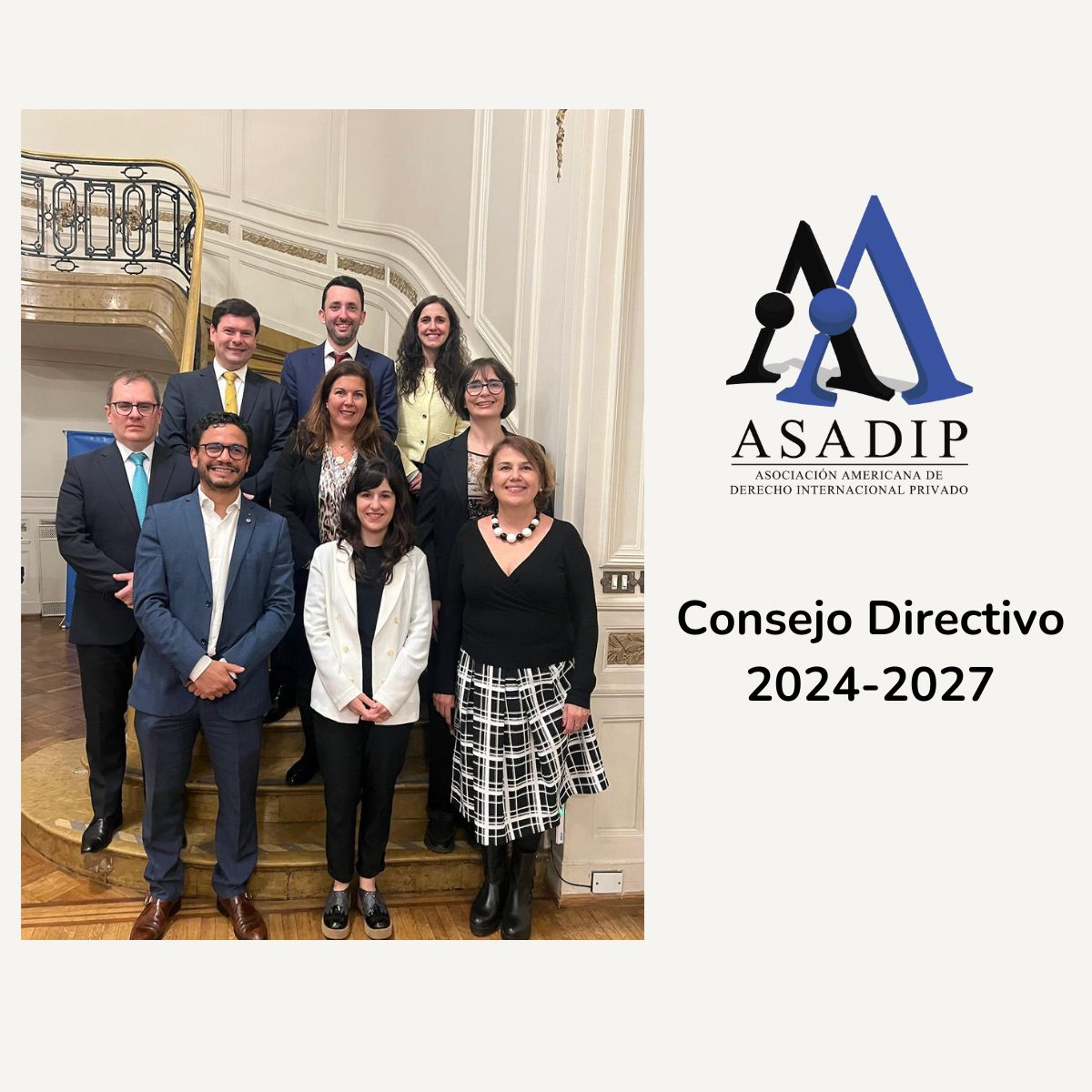Views
“Quasi” Anti-Suit Injunctions and Public Policy under Brussels Regime
THE CJEU: “QUASI” ANTI-SUIT INJUNCTION JUDGMENTS ARE AGAINST PUBLIC POLICY UNDER BRUSSELS REGIME
This post is written by Mykolas Kirkutis, a lecturer and PhD student of law at Mykolas Romeris University and visiting researcher at Rotterdam Erasmus School of Law, Erasmus University Rotterdam (EU Civil Justice group).
The Court of Justice of European Union (CJEU) on 7 of September 2023 in its newest case Charles Taylor Adjusting Limited, FD v Starlight Shipping Company, Overseas Marine Enterprises Inc. (case No. C?590/21) 2023 rendered a new preliminary ruling related to a non-recognition of “Quasi” anti-suit injunctions’ judgment under public policy ground of Brussels regime. This case is important because of two aspects. Firstly, CJEU clarified the main elements of “Quasi” anti-suit injunctions’ judgments. Secondly, Court stated what impact such judgments have for mutual trust in EU and if it can be safeguarded by public policy ground.
International high-tech surrogacy and legal developments in the Netherlands
This blogpost is an edited version of this blogpost written in Dutch by Stichting IJI (The Hague Institute for private international law and foreign law). We thought it was interesting to also bring it to the attention of the international readership of this blog.
Introduction
In the Netherlands, international high-tech surrogacy is a hot topic, resulting in interesting legal developments. Recently, a Dutch District Court dealt with a case on the recognition of US court decisions on legal parenthood over children born from a high-tech surrogacy trajectory in the US, providing many private international law insights on how to assess such request for recognition. Furthermore, on July 4 a bill was proposed that encloses several private international law provisions. This blogpost briefly highlights both developments.
Same-sex relationships concluded abroad in Namibia – Between (Limited) Judicial Recognition and Legislative Rejection
There is no doubt that the issue of same-sex marriage is highly controversial. This is true for both liberal and conservative societies, especially when the same-sex union to be formed involves parties from different countries. Liberal societies may be tempted to open up access to same-sex marriage to all, especially when their citizens are involved and regardless of whether the same-sex marriage is permitted under the personal law of the other foreign party. For conservative societies, the challenge is even greater, as local authorities may have to decide whether or not to recognise same-sex marriages contracted abroad (in particular when their nationals are involved). The issue becomes even more complicated in countries where domestic law is hostile to, or even criminalises, same-sex relationships.
News
The Supreme People’s Court of the People’s Republic of China issued the Notice on Procedural Matters Related to Civil Cases Involving Foreign State Immunity
(This is written by Xiaoxuan Gu, a PhD student in School of Law, University of Macau)
The Foreign State Immunity Law of the People’s Republic of China (CFSIL) took effect on January 1, 2024.[i] To ensure its proper implementation and guide courts nationwide in lawfully and efficiently adjudicating civil cases involving foreign state immunity, the Supreme People’s Court (SPC) formulated supporting procedural rules. On March 26, 2025, the SPC issued the Notice on Procedural Matters Related to Civil Cases Involving Foreign State Immunity (hereinafter the “Notice”), which provides definitive guidance to courts at all levels in handling such novel foreign-related cases.
The Notice stipulates provisions on key procedural matters, including case acceptance criteria, centralized jurisdiction mechanisms, service of process rules, jurisdictional immunity review procedures, and protocols for obtaining evidentiary certifications from the Ministry of Foreign Affairs. Read more
ASADIP: Annual Conference, Moot and New Board



Annual conference
The Annual Conference of the American Association of Private International Law (ASADIP) will take place on 7-9 August 2025 in Rio de Janeiro (Brazil). More information will be available soon. Read more
Legal Internships at the HCCH
Applications are now open for three- to six-month legal internships at the headquarters of the Permanent Bureau of the Hague Conference on Private International Law (HCCH) in The Hague, for the period from July to December 2025!
Interns work with our legal teams in the Family and Child Protection Law Division, the Transnational Litigation and Apostille Division, and the Commercial, Digital and Financial Law Division. Duties may include carrying out research on particular points of private international law and/or comparative law, taking part in the preparation of HCCH meetings and contributing to the promotion of the HCCH and its work.
Applications should be submitted by Friday, 25 April 2025 at 18.00 (CEST). For more information, please visit the Internships Section of the HCCH website.
This post is published by the Permanent Bureau of the Hague Conference of Private International Law (HCCH).



